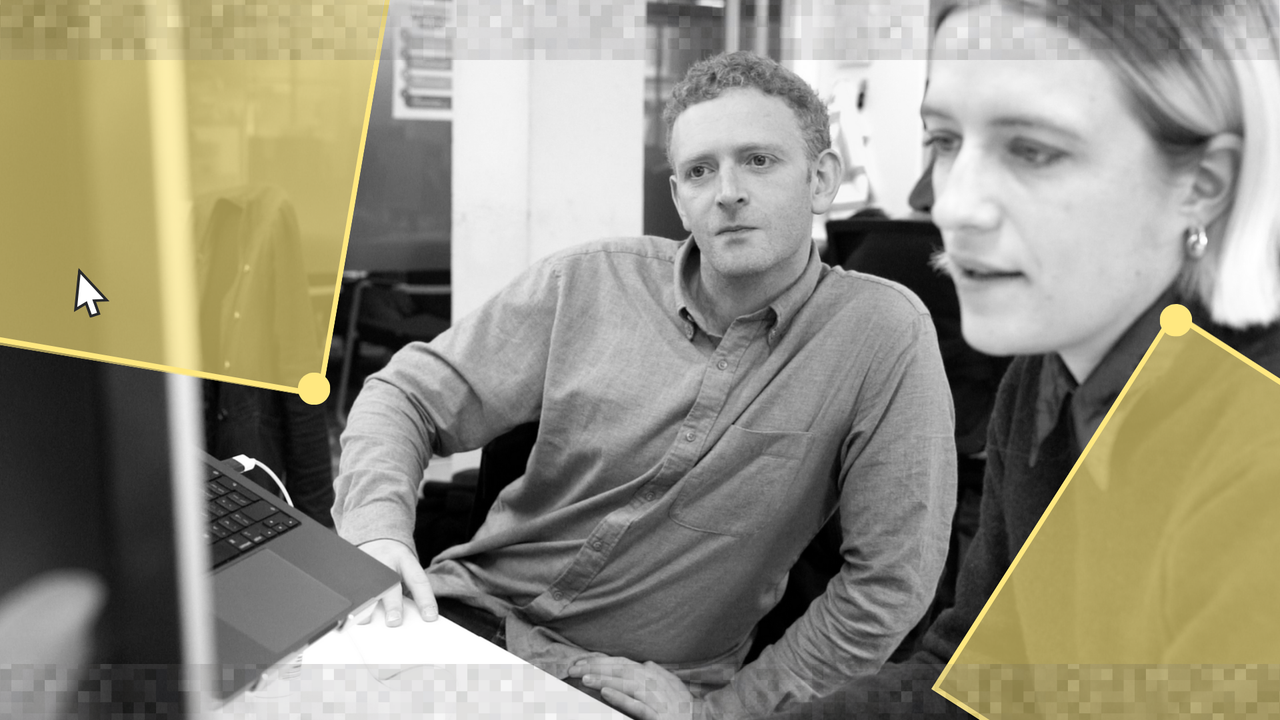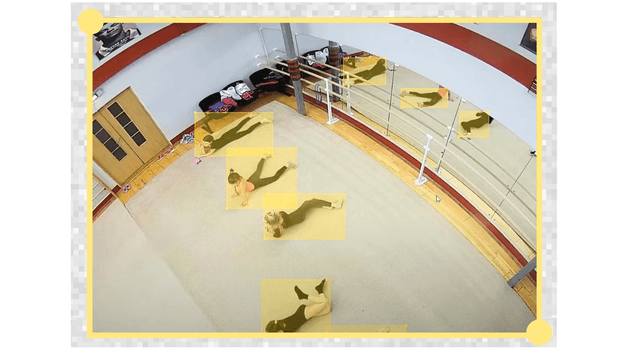
How we found our gig work surveillance scoop
In parts of eastern Europe, the word toloka has long meant a form of mutual aid where villagers would come together for the kind of work that could only be done as a group, such as building a barn or harvesting crops.
You can see a similar kind of mutual help and work when groups get together online to share information. Every Reddit thread about fixing a light switch or forum discussion on how to format a document is a kind of digital toloka; people contributing their time and knowledge in a way that benefits others.
A particular kind of these online help groups was instrumental to our latest story on facial recognition. And ironically, its members had come together to share tips on how to complete tasks for a company that is itself called Toloka.
Our reporter Niamh McIntyre was looking into the global industry of digital gig workers – people from around the world recruited to do online tasks such as labelling photos or translating audio into text.
The industry is big business, powering flashy new apps used by millions. In particular this work is powering the boom in artificial intelligence businesses, none of which could work without real humans feeding in and annotating huge volumes of data. The workers themselves, however, are almost always badly paid, often earning just pennies per task.
To maximise their earnings, these workers often share tips on Facebook or Google forums on how to do these tasks quickly and effectively. Some generous users even post instructional videos on YouTube. In doing so, they offer a glimpse at the tasks feeding into the algorithms and data sets behind the shiny surface of the front-end technology.
Niamh noticed something interesting about a particular set of tasks being done on Toloka, a gig-working platform owned by a huge Russian internet company called Yandex. The quick jobs were mostly identifying things in videos and images. They covered tasks like drawing boxes around “human bodies” in a security camera still of a girls’ dance class, taking a selfie and uploading it alongside a printed photo of your face or studying CCTV footage of people walking down the street to identify what they were doing.
 A screenshot from a task on Toloka for NTechLab that asked users to draw boxes around human bodies
A screenshot from a task on Toloka for NTechLab that asked users to draw boxes around human bodies
While the tasks seemed relatively innocuous, if creepy, it was who they were being done for that was most significant. A quirk of the Toloka platform meant we could see which company had commissioned each task. Two businesses immediately stood out.
It turns out that Toloka was getting gig workers to provide data to two Russian companies, NTechLabs and Tevian, helping them train facial recognition software used to identify individuals from video footage. While both companies have a range of clients, they are also key suppliers to the Moscow city government’s surveillance system, one of the most extensive in the world.
While we were investigating the work done on Toloka for Tevian and NTechLabs, the EU placed sanctions on both of them for “serious human rights violations in Russia, including arbitrary arrests and detentions”.
We talked to Russians who had fled the country after being identified by the surveillance network, who told us about being summoned by police after being caught on video at protests.
And then Russian opposition leader Alexei Navalny died in the Siberian prison where he was being held. A group representing Russian dissidents told us that many of the mourners arrested after attending his funeral were rounded up as a result of being identified from video footage.
The story shows how the global technology industry draws in people from around the world to create systems that cause real harm thousands of miles away, and how seemingly innocuous data can be used to build tools of oppression. It is sadly likely to be just one example of many that TBIJ will investigate in the coming months.
Reporters: Jasper Jackson and Niamh McIntyre, pictured above
Tech editor: Jasper Jackson
Deputy editor: Katie Mark
Editor: Franz Wild
Production editor: Frankie Goodway
Fact checker: Somesh Jha
-
Area:
-
Subject:




